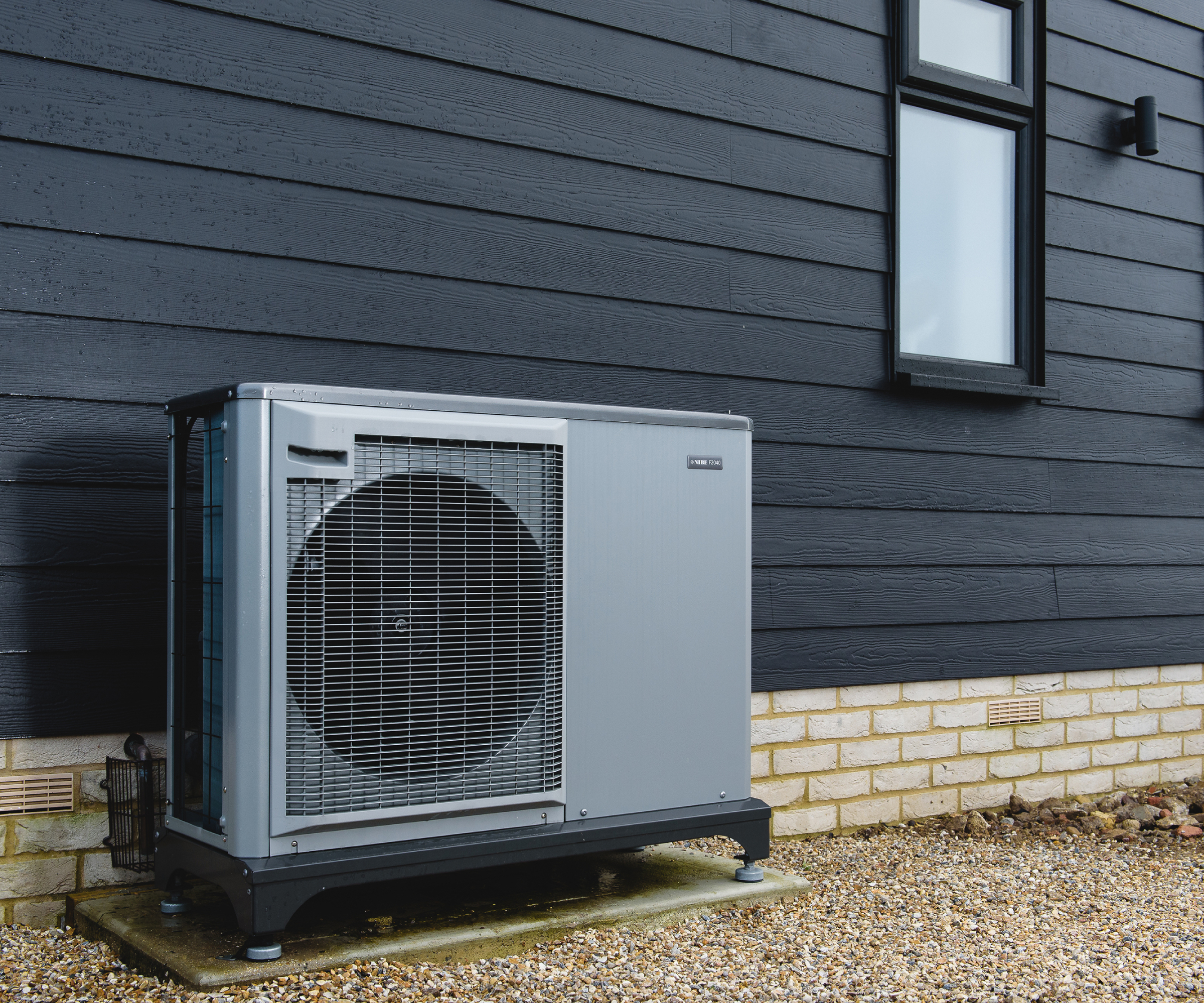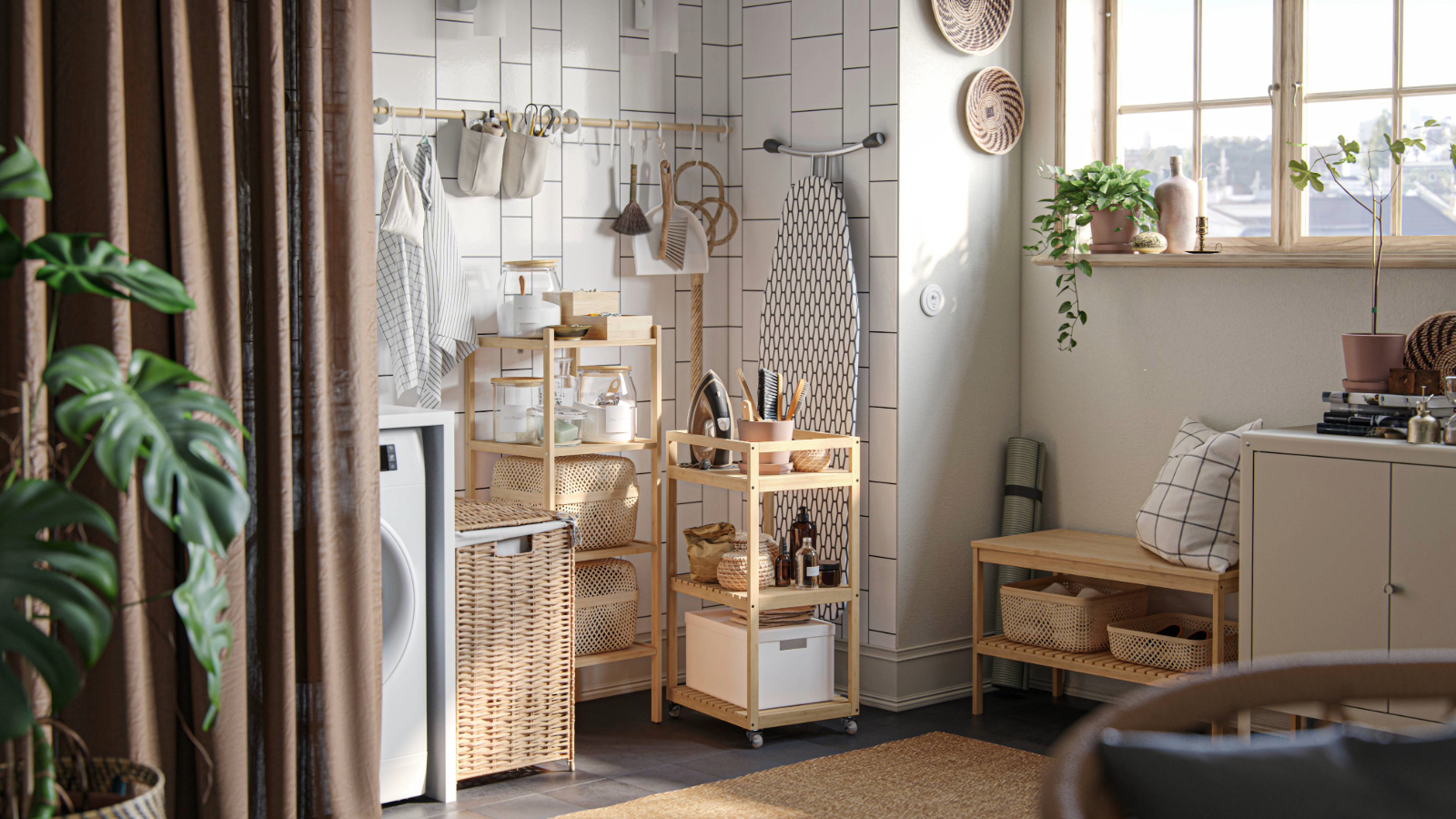Ed Miliband's neighbours complain about heat pump plans due to noise concerns
North London objections shine spotlight on heat pump noise, policy contradictions and planning reform

Bring your dream home to life with expert advice, how to guides and design inspiration. Sign up for our newsletter and get two free tickets to a Homebuilding & Renovating Show near you.
You are now subscribed
Your newsletter sign-up was successful
A planning dispute in North London has placed heat pump noise under scrutiny, just as the government pushes to expand the low-carbon technology nationwide.
Residents of Dartmouth Park have objected to a proposed block of flats that includes six air source heat pumps, warning of potential noise pollution.
The objections come at a politically awkward moment for Energy Secretary Ed Miliband, who lives nearby and has made the mass adoption of heat pumps a key pillar of the UK’s net zero strategy.
Heat pumps at centre of planning row

The controversy centres on a proposed five-storey development in Camden’s Dartmouth Park, where plans include the installation of six external heat pumps at ground level.
Local objections submitted to Camden Council cite “serious concerns about long-term noise pollution,” with one resident calling the inclusion of the devices “greenwashing.”
Others warned the noise could impact gardens and nearby homes, despite a developer-commissioned report claiming the sound levels would be minimal.
Air source heat pumps emit a low but constant hum, typically ranging from 40 to 60 decibels – about the same as a fridge or dishwasher.
Bring your dream home to life with expert advice, how to guides and design inspiration. Sign up for our newsletter and get two free tickets to a Homebuilding & Renovating Show near you.
While usually within permitted limits, heat pump noise can become an issue in dense urban areas or quiet residential streets.
National rollout, local resistance
The dispute reveals the tension between the UK’s ambitious heat pump rollout and the practical challenges of implementation.
As Energy Secretary, Miliband has been one of the strongest advocates for electrifying home heating, with a goal of installing 600,000 units a year by 2028.
But some MPs and councillors are encountering pushback at the local level, particularly over noise and visual impact.
A recent DEFRA review into heat pump noise acknowledged growing public unease, and concluded that better acoustic standards and clearer communication were needed to boost public trust.
Although not all residents thought the heat pumps were a bad idea with one local, Stephen Evans, supporting the heat pump proposals and criticising the Dartmouth Park neighbourhood plan for lacking emphasis on reducing the carbon footprint of buildings.
He stated objections to the plans showed "little consideration for the urgent need to address the carbon footprint of our buildings".
Planning rules under review as demand rises
Adding to the friction is the recent removal of a key planning rule designed to protect neighbours from excessive noise.
In a bid to simplify the installation process, the government has lifted restrictions on heat pump planning permissions, allowing more units to be installed without prior approval if they meet baseline acoustic thresholds.
However, critics argue the policy may outpace public readiness. Maya de Souza, Former Chair, Dartmouth Park Neighbourhood Forum, said: "Planning permission is confusing on what is allowed to make homes environmentally friendly."
Developers and homeowners are now being encouraged to choose models with minimal impact, with the latest list of quietest heat pumps for 2025 offering options that can operate well below 40 decibels.
For Miliband, the challenge now may be less about convincing Parliament, and more about winning over the people next door.

News Editor Joseph has previously written for Today’s Media and Chambers & Partners, focusing on news for conveyancers and industry professionals. Joseph has just started his own self build project, building his own home on his family’s farm with planning permission for a timber frame, three-bedroom house in a one-acre field. The foundation work has already begun and he hopes to have the home built in the next year. Prior to this he renovated his family's home as well as doing several DIY projects, including installing a shower, building sheds, and livestock fences and shelters for the farm’s animals. Outside of homebuilding, Joseph loves rugby and has written for Rugby World, the world’s largest rugby magazine.
